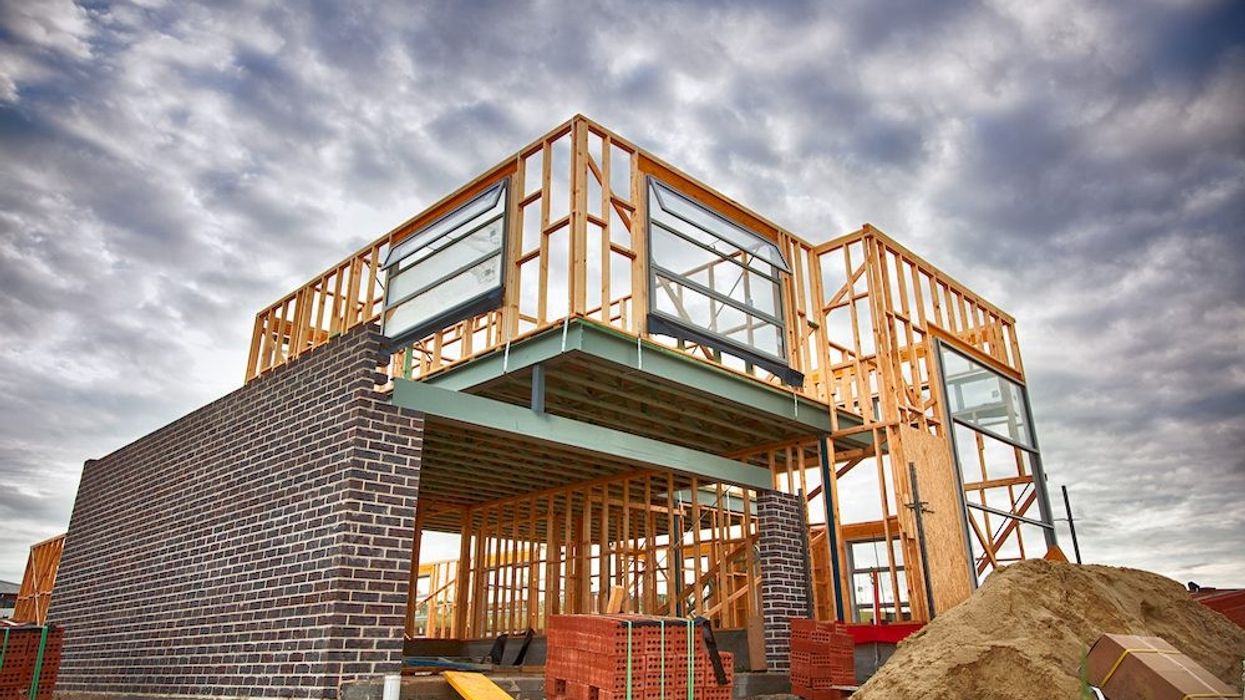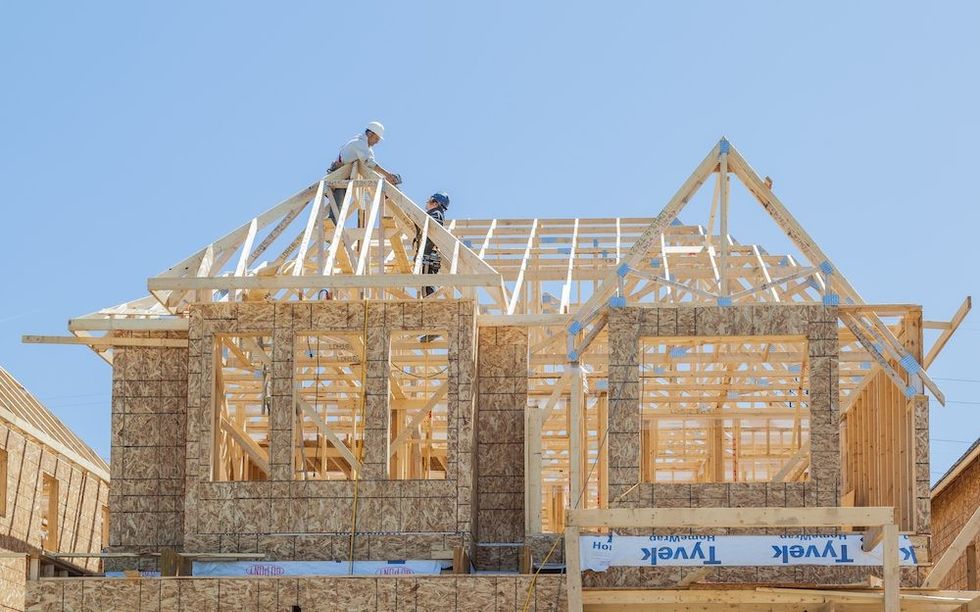Canada is in store for modest construction growth -- and that's positive news compared to where we were back in 2020.
According to a new forecast by Ireland-based Research and Markets, the construction industry in Canada registered an annual growth of 6.1% in real terms in 2021, with expansion in 2022 expected to reach 4%.
READ: Canada's Housing Starts Slowed 3% in June: CMHC
While this may not seem like anything to particularly celebrate, last year’s improvement compared to a decline of 2% in 2020 -- the year that saw the onset of the pandemic and its relentless lockdown measures -- according to Canada Construction Market Size, Trends and Forecasts 2022-2026.
According to the report, last year’s output was supported by an improvement in residential building construction and civil engineering activities, which registered annual growth of 13% and 1.8%, respectively, according to the report. Furthermore, a recovery of the global economy, increase in household incomes, and Canada’s intense vaccination drive supported the construction industry’s growth in 2021.
Moving forward, the Canadian construction industry is expected to expand by 4% in real terms this year, as strong building permit data has underpinned strong growth in 2022, according to the report.
According to Statistics Canada (StatCan), the value of building permits in the country rose by 8.3% in 2021, with the value of residential buildings rising by 9.1% and that of non-residential buildings rising by 6.8% last year. The industry’s output will be supported by investments in residential, transport, housing and oil and gas projects, according to the report.
In January 2022, the Canadian Association of Petroleum Producers (CAPP) reported that capital spending in the country’s oil and gas sector is expected to rise by 22% and reach $32.8B CAD ($26.1B) in 2022. However, the rise in construction material prices, labour shortages, and the recent hike in interest rates could pose a downside risk to the industry’s outlook in the initial part of the forecast period, cautions the report.
According to StatCan, the residential building construction price index rose by 18.1% in 2021, while that of non-residential buildings rose by 6.9% in the same year.
The construction industry is expected to register an annual average growth of 2.2% from 2023 to 2026, supported by public project growth, as longer-term investment plans come to fruition such as the government’s three-year ‘Growth Plan.’ Announced in October 2020, the plan includes an investment of $10B CAD on clean energy projects, broadband projects, building retrofitting, agriculture irrigation projects. and electric buses, and charging infrastructure.
This plan is a part of the government’s wider long-term infrastructure plan known as the ‘Investing in Canada Plan’; it was launched in 2016 and involves an investment of $188B CAD over a period of 12 years. As of February 2022, over 78,000 projects worth $118B had been approved, with 98% of them completed or underway.






















